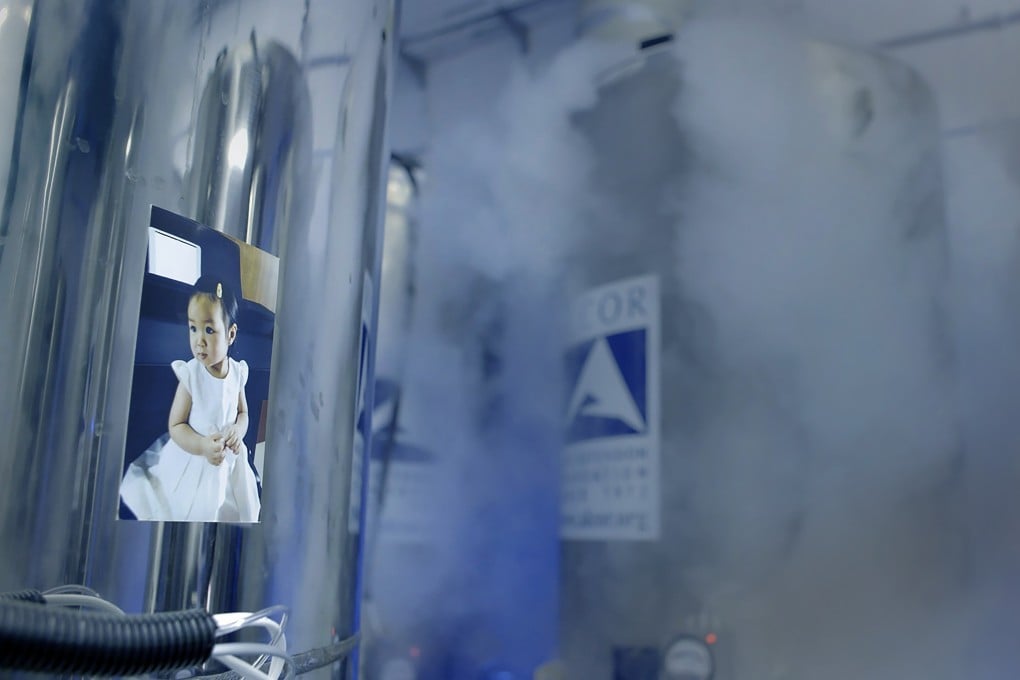Hope Frozen, Netflix Thai documentary about cryonic freezing of girl’s brain and her family’s emotional journey, is also about Thailand’s scientific prowess, filmmaker says
- After her death from brain cancer, the family of a two-year-old girl in Bangkok make the life-changing decision to have her brain cryonically preserved
- Pailin Wedel’s film follows the Buddhist family’s struggle to put their faith in science and address the religious and ethical questions their action raises

When a girl from Thailand with brain cancer died in 2015 and her medical engineer parents made the decision to cryogenically freeze her brain in a United States facility, the story made news globally, as the girl is the youngest person in the world to have her brain preserved for future reanimation using the still unproven technology.
For Thai filmmaker Pailin Wedel, who has made a documentary about the family’s quest to bring their child back to life, the real story happened after the fact. “My film follows the emotional journey of the girl’s brother and parents, who saw it as their duty to do everything in their power to give their daughter a chance of life. What happens to them after they made that decision?” says Wedel.
The 75-minute feature Hope Frozen portrays the emotional struggle of parents Sahatorn and Nareerat Naovaratpong who, as Buddhists, have to contend with the religious, ethical and medical repercussions of their decision, and the quest by the girl’s brother Matrix, a science prodigy, to find out whether the science can bring his beloved sister back to life one day.
The girl, Matheryin, or Einz as her family nicknamed her, suffered from a rare form of brain cancer and died before she turned three. She was put into a deeply frozen state at the point of her death in Thailand.
Wedel learned about the story after international media reported that Einz’s remains were transported from Thailand to Alcor, a non-profit organisation based in the US state of Arizona which embraces cryonics, the experimental procedure that uses ultra-cold temperature to preserve the remains of someone who has died in the hope of reviving them one day when the technology becomes advanced enough to do so.